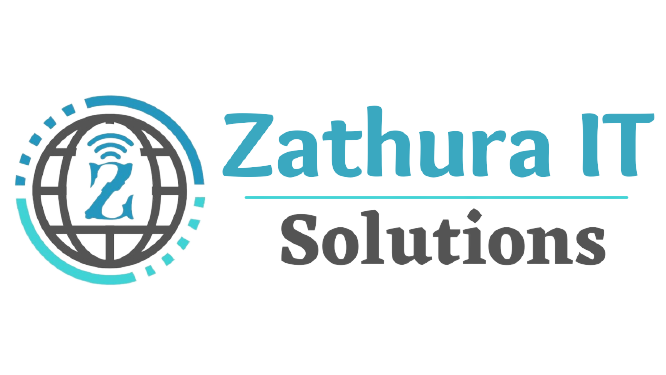
VoIP Services and the Cloud: How They Work Together
Nowadays, the ways by which businesses communicate with their customers and employees have been changed. With VoIP, businesses can make phone calls over the Internet, eliminating the need for traditional phone lines and hardware. Cloud computing, on the other hand, has transformed the way businesses store, process, and access their data. In this blog post, we’ll explore how VoIP services and the cloud work together to provide businesses with a powerful and scalable communication solution.
What is VoIP?
VoIP, as mentioned above, is a technology that allows businesses to make phone calls over the Internet instead of traditional phone lines. With VoIP, businesses can make and receive calls using a computer, a VoIP phone, or a mobile device. VoIP offers many advantages over traditional phone systems, including lower costs, greater flexibility, and advanced features such as call forwarding, call recording, and voicemail to email.
What is the Cloud?
The cloud is a network of remote servers that store, process, and manage data over the Internet. Instead of storing data on local hardware, businesses can store their data in the cloud, which offers many advantages over traditional storage methods. Cloud storage is scalable, meaning businesses can easily add or remove storage as their needs change. It’s also more secure, as data is stored in multiple locations and protected by advanced security measures.
How to do VoIP Services and the Cloud Work Together?
VoIP and the cloud work together to provide businesses with a powerful and scalable communication solution. VoIP phone systems can be hosted in the cloud, meaning businesses don’t need to invest in expensive hardware or maintain complex infrastructure. Hosted VoIP systems are managed by a service provider, who handles all maintenance, upgrades, and security. This frees up businesses to focus on their core activities, rather than managing their phone systems.
In addition to hosting VoIP phone systems, the cloud can also be used to store and process call data. VoIP systems can be integrated with cloud-based CRM (customer relationship management) systems, which allow businesses to track customer interactions across multiple channels, including phone, email, and social media.
Another advantage of using VoIP and the cloud together is that businesses can easily scale their phone systems as their needs change. Cloud-based VoIP systems can be easily configured to add or remove phone lines, adjust call routing rules, and add new features such as video conferencing or SMS messaging. This makes it easy for businesses to adapt to changing circumstances, such as seasonal fluctuations in call volume or sudden increases in remote work.
Conclusion
VoIP Services and the cloud are two powerful technologies that work together to provide businesses with a flexible, scalable, and cost-effective communication solution. By hosting VoIP phone systems in the cloud, businesses can eliminate the need for expensive hardware and infrastructure, while also gaining access to advanced features and greater flexibility. Cloud-based VoIP systems can be easily integrated with other cloud-based applications, such as CRM systems, to provide a comprehensive communication and data management solution. Overall, VoIP and the cloud represent the future of business communication, offering businesses of all sizes the tools they need to succeed in an increasingly digital world.



